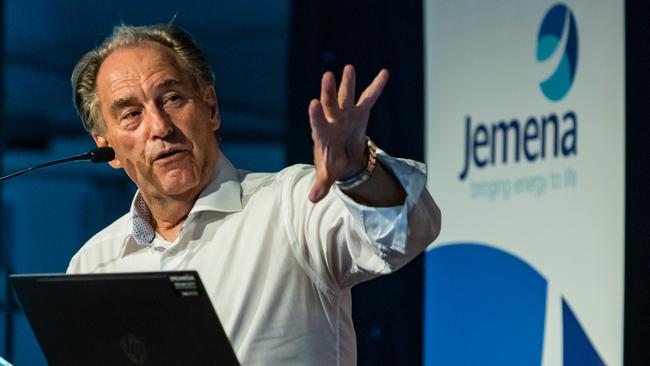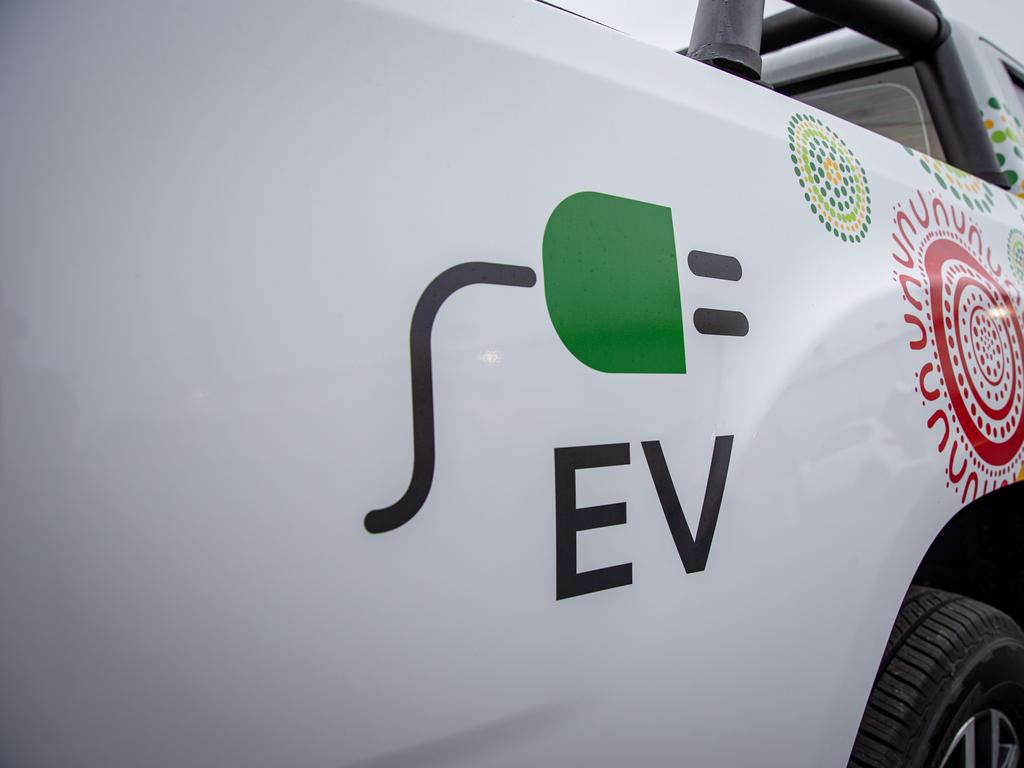Jemena pushes renewable gas target after injecting biomethane into NSW pipelines
Jemena has injected biomethane – created from organic waste – into its gas pipelines across NSW in an Australian first, as it pushes the federal government to establish a renewable gas target.
Jemena has injected biomethane – created from organic waste – into its gas pipelines across New South Wales in an Australian first, as the infrastructure company moves to press the federal government to establish a renewable gas target.
Jemena’s injection came after it completed work on its $16m Malabar Biomethane project which upgrades biogas, which is created as bacteria breaks down waste such as organic matter in wastewater to produce gas. The new facility separates the methane from other gases and contaminants to produce biomethane which is blended with natural gas and piped through to users.
Biomethane is widely used overseas but has not taken off in Australia as it struggles to financially compete with natural gas.
A renewable gas target would compel retailers to use biomethane, which supporters such as Jemena say would ease supply pressures facing Australia’s east coast and support the transition away from fossil fuels.
“The full electrification of the economy is going to be an enormous challenge. There are capabilities challenges across transmission, generation, and right down to wires and poles at a distribution level. It is probably under-appreciated,” Jemena’s managing director Frank Tudor told The Australian.
“If we get this right, we can actually provide an alternative to customers that is more affordable, and helps with resilience as it gives two energy sources into a household while also delivering a sustainable outcome.”
Jemena said the Malabar Biomethane project would initially produce about 95 petajoules of renewable gas each year – the equivalent to the average yearly use of about 6300 homes.

Jemena said its research has found there are enough potential sources of biomethane – wastewater plants, landfill and food, agricultural, and crop waste in NSW – to generate about 30 petajoules of biomethane each year. This is approximately enough gas to meet the needs of all of Jemena’s current residential customers in NSW, the company said.
The Australian Energy Regulator estimates that households and businesses across the country’s east coast use about 580 petajoules of gas each year. If Jemena’s research is correct, biomethane could supply about 5 per cent of the needs of Australia’s east coast, as Australia struggles to mitigate the threat of supply shortages.
A renewable energy target would also decrease Australia’s methane emissions.
Critics, however, argue a renewable gas target would slow Australia’s transition by discouraging investment needed to switch away from fossil fuels. Climate proponents insist biomethane should play only a limited role in the country’s future energy grid.
The role of gas in Australia’s future energy mix is the subject of intense debate. While some see it as a transitional fuel supplementing renewables, others see a longer-term future for the fuel.
An accelerated exit of gas from Australia’s energy network would have significant repercussions for companies such as Jemena, though most analysts expect prolonged demand as hard to abate sectors struggle to find alternatives.
The outlook, however, is complicated as Australia’s gas supplies remain clouded by recent government intervention, legal challenges and social pressures. A spate of planned gas developments were suspended after the government capped prices and implemented a code of conduct.
In March, Labor secured Greens support for the centrepiece of its carbon emission reduction plan, but only after including a stipulation that new gas projects developed to supply existing LNG plants be net zero carbon from the outset.
The Greens have claimed political support for opposition to gas, while developers are also under pressure to improve efforts to secure landowner permission after a court last year overturned regulatory approval given to Santos’ $5.3bn Barossa gas project in the Timor Sea.







To join the conversation, please log in. Don't have an account? Register
Join the conversation, you are commenting as Logout